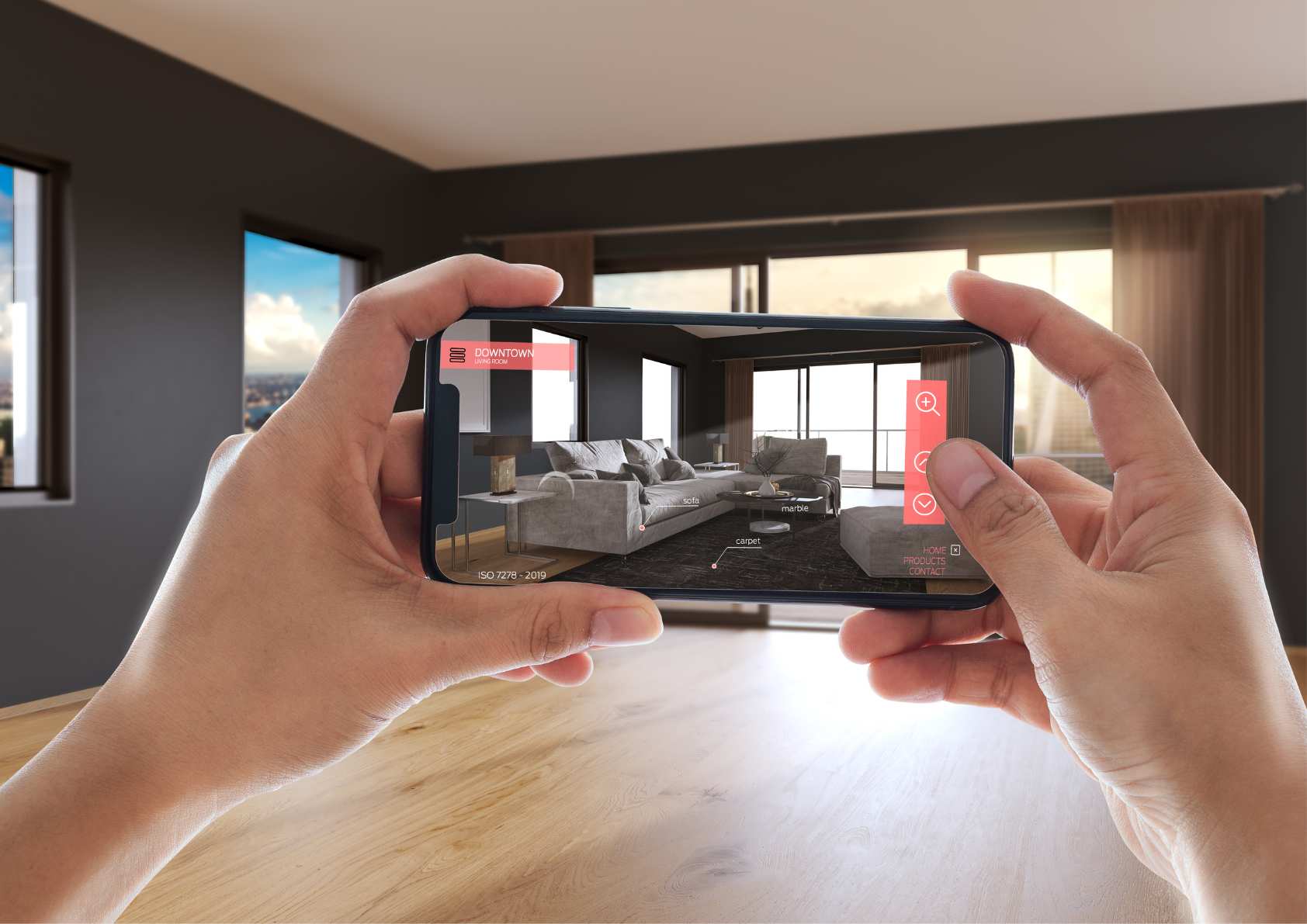The real estate industry is poised for a tech revolution, and 2025 promises to be a year of significant transformation. Artificial intelligence (AI) and virtual tools are reshaping how buyers find, view, and purchase homes, setting the stage for a smoother and more personalized home-buying experience. Whether you’re a tech enthusiast or a curious buyer, understanding these innovations will give you a competitive edge in the ever-changing market.
AI-Powered Home Searches: Personalized and Efficient
Gone are the days of endlessly scrolling through generic property listings. In 2025, AI will redefine home searches. Platforms will utilize machine learning algorithms to analyze buyers’ preferences—from budget and location to architectural style and must-have features—to curate highly personalized property recommendations.

For instance, if you’re looking for a modern, energy-efficient home near top-rated schools, AI can filter out irrelevant listings and deliver tailored options in seconds. This technology saves time and ensures buyers find homes that align perfectly with their needs.
Virtual Reality: Touring Homes Without Leaving Yours
Virtual reality (VR) is set to become a game-changer for real estate in 2025. With VR, prospective buyers can take immersive 3D tours of homes from the comfort of their living rooms. This technology allows you to “walk” through properties, explore every room, and understand the layout and flow.
Beyond convenience, VR makes it easier for out-of-state or international buyers to assess homes without traveling. It’s a cost-effective way to narrow down options before scheduling in-person visits. Expect VR platforms to offer enhanced features like interactive floor plans and customizable views that showcase potential renovations.
AI-Driven Market Insights: Smarter Decisions for Buyers and Sellers
AI doesn’t just stop at personalized searches; it also excels in analyzing market trends. By processing massive amounts of data, AI tools can give buyers and sellers real-time insights into pricing trends, neighborhood developments, and market demand.

For buyers, this means knowing the best time to make an offer or whether a home is priced competitively. Sellers, on the other hand, can use AI to set optimal listing prices and identify target demographics. These insights empower all parties to make data-driven decisions, increasing confidence and minimizing guesswork.
Smart Contracts and Blockchain: Streamlining Transactions
The buying process is notoriously complex, but blockchain technology is here to simplify it. Smart contracts—self-executing agreements with terms written into code—are revolutionizing real estate transactions. These contracts eliminate the need for intermediaries, reducing costs and speeding up the process.
In 2025, buyers and sellers can expect more secure, transparent, and efficient transactions. From verifying ownership to transferring funds, blockchain ensures every step is encrypted and tamper-proof. As this technology becomes mainstream, it could drastically reduce fraud and streamline the closing process.
Augmented Reality: Visualizing Potential
Augmented reality (AR) is another tech tool gaining traction in real estate. AR apps allow buyers to visualize potential changes to a property, such as different paint colors, furniture layouts, or even major renovations. By overlaying digital elements onto real-world spaces, AR makes seeing a home’s potential easier.

This technology is especially valuable for new construction projects and fixer-uppers, where buyers often struggle to imagine the finished product. In 2025, AR tools will be expected to become more accessible and user-friendly, helping buyers make informed decisions about properties with renovation potential.
The Human Touch in a Tech-Driven Market
While AI and virtual tools are transforming real estate, the human element remains irreplaceable. Real estate professionals play a crucial role in interpreting data, offering personalized advice, and guiding clients through emotional decisions. In 2025, the most successful agents will leverage technology to enhance their services while maintaining a client-first approach.
For buyers, this means enjoying the best of both worlds: cutting-edge tools for efficiency and expert guidance for peace of mind. The fusion of technology and human expertise ensures a seamless and satisfying home-buying experience.
Final Thoughts
The integration of AI, VR, and other virtual tools is set to revolutionize the real estate industry in 2025. These advancements promise to make the home-buying process faster, smarter, and more convenient. By embracing these technologies, buyers and sellers can navigate the market with confidence and clarity.
As these tools become more sophisticated, staying informed will be key to making the most of the future. Whether you’re planning to buy, sell, or simply monitor the market, 2025 is shaping up to be an exciting year for real estate innovation.




